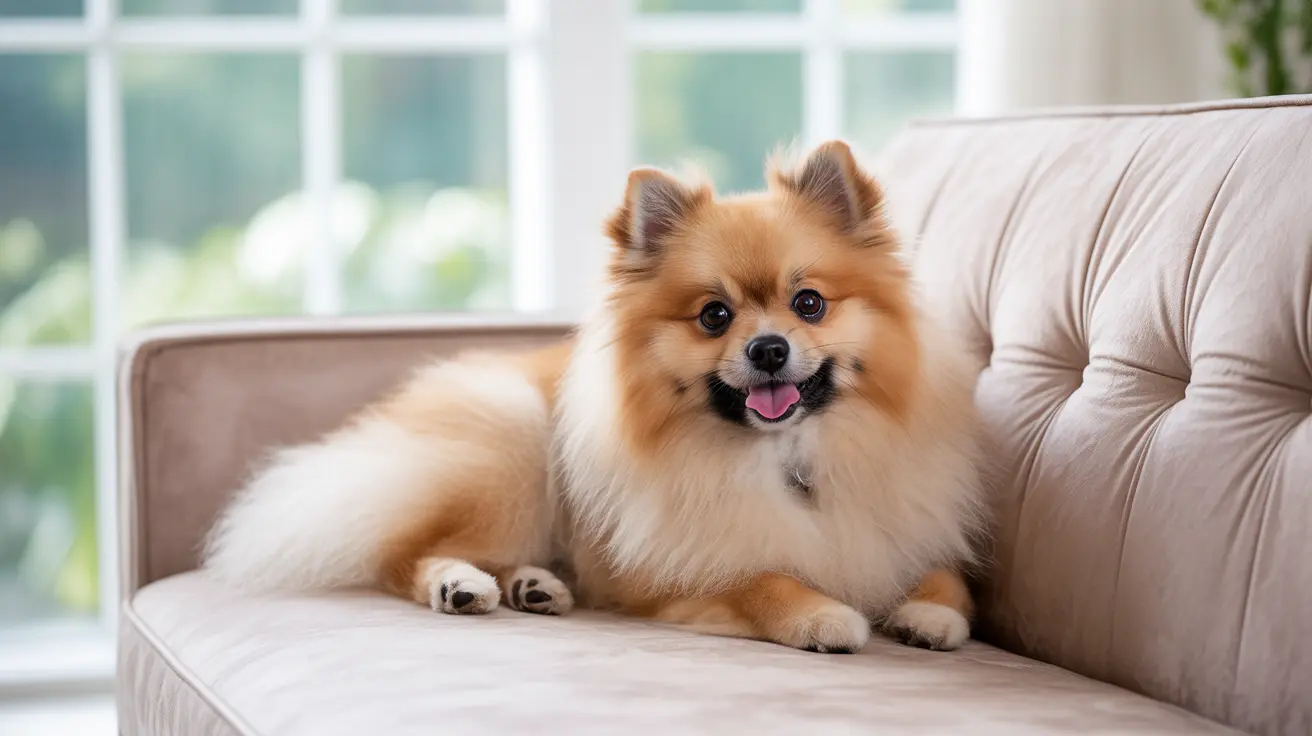If you've ever been startled by the sound of your dog obsessively licking their paws in the middle of the night, you're not alone. This common behavior can leave many pet owners wondering about its causes and whether they should be concerned. Understanding why dogs lick their paws at night is crucial for determining whether it's a normal grooming habit or a sign of an underlying issue requiring attention.
While occasional paw licking is perfectly normal and part of your dog's natural grooming routine, excessive or sudden nighttime paw licking might indicate various health or behavioral concerns that deserve closer examination. Let's explore the multiple reasons behind this behavior and learn when you should take action.
Common Medical Causes of Nighttime Paw Licking
Allergies and Skin Irritations
Environmental allergies are one of the most frequent triggers for nighttime paw licking. Dogs can develop allergic reactions to various substances, including pollen, mold, grass, and household cleaning products. These allergens often accumulate on their paws throughout the day, leading to increased irritation and licking behavior when they settle down at night.
Injuries and Pain
Dogs may focus on licking their paws due to minor injuries such as cuts, burns from hot pavements, torn nails, or foreign objects stuck between their paw pads. The quiet nighttime hours often provide the first opportunity for dogs to address these discomforts through self-soothing behavior.
Behavioral and Psychological Factors
Anxiety and Stress
Many dogs turn to paw licking as a coping mechanism for anxiety or stress. The repetitive action can be self-soothing, similar to how humans might bite their nails when nervous. The quieter nighttime environment may actually heighten anxiety in some dogs, leading to increased licking behavior.
Boredom and Attention-Seeking
Dogs who don't receive sufficient mental and physical stimulation during the day may resort to paw licking as a way to occupy themselves. This behavior can become more pronounced at night when other activities are limited.
When to Be Concerned
Signs of Problematic Paw Licking
Watch for these warning signs that indicate your dog's paw licking has become a serious issue:
- Raw or inflamed skin
- Hair loss around the paws
- Limping or favoring certain paws
- Blood or discharge
- Development of hot spots
- Persistent licking that disrupts sleep
Prevention and Management Strategies
To help minimize nighttime paw licking, consider implementing these preventive measures:
- Regular paw cleaning after outdoor activities
- Using pet-safe moisturizers for dry paws
- Providing adequate exercise and mental stimulation
- Creating a consistent bedtime routine
- Using protective boots during walks in extreme weather
Frequently Asked Questions
Why does my dog lick their paws more frequently at night?
Dogs often lick their paws more at night because the quiet environment allows them to focus on physical sensations they might ignore during the day. Additionally, the decreased activity levels and darker environment can increase anxiety or boredom, leading to more frequent licking behavior.
Could my dog's nighttime paw licking be a sign of allergies or skin irritation?
Yes, nighttime paw licking can definitely indicate allergies or skin irritation. Allergens accumulated throughout the day can cause discomfort, leading to increased licking behavior when your dog is resting at night.
How can I tell if my dog's paw licking is due to anxiety or boredom?
Anxiety-related paw licking often occurs alongside other stress signals such as pacing, whining, or restlessness. Boredom-induced licking typically happens when your dog hasn't received enough physical or mental stimulation during the day.
When should I be concerned about excessive paw licking and seek veterinary care?
Seek veterinary care if you notice signs of injury, infection, or if the licking becomes obsessive and interferes with normal activities. Also consult a vet if the behavior starts suddenly or is accompanied by other concerning symptoms.
What are effective home remedies to stop my dog from licking their paws excessively at night?
Effective home remedies include cleaning paws with unscented baby wipes after walks, using pet-safe bitter spray deterrents, providing appropriate chew toys for distraction, and ensuring your dog gets enough exercise during the day. However, always address any underlying medical issues first.






